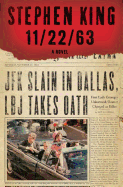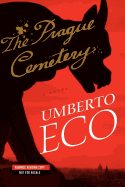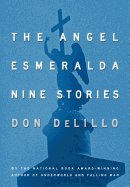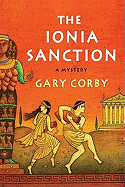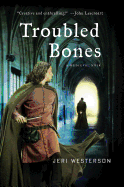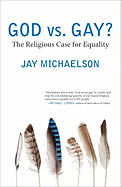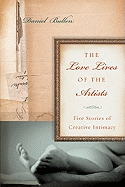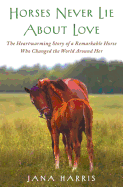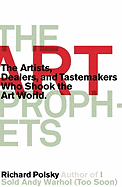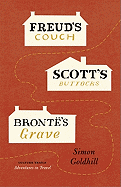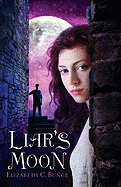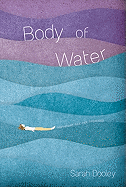A Trifecta of Literary Stars
We're happy to point out that three established authors with many loyal fans have books appearing now, all of which are reviewed in this issue of Shelf Awareness. The trio are Stephen King, Umberto Eco and Don DeLillo.
One of our favorite thriller writers, King is back with 11/22/63, a book that takes several well-visited subjects and weaves them together in new ways. There's time travel, with all the mind-bending fascination it evokes. As one character says in this new book, "But what if you went back and killed your own grandfather?" As is obvious from the title, there's also the Kennedy assassination, which continues to haunt many people. Along the way, King reminds us of how different the country was nearly 50 years ago.
Eco likewise mixes fiction and nonfiction in his new novel, The Prague Cemetery, an account of how the infamous anti-Semitic book hoax Protocols of the Elders of Zion was actually created. (Its proponents claimed that it was written by a group of rabbis in the Prague Cemetery.) From the author of The Name of the Rose, this tale is, we found, "a dark, unsettling voyage into an insane mind filled with the worst kind of evil."
DeLillo's The Angel Esmeralda is a collection of nine stories written during the past 30 years that reflect on our times and include stalkers, criminals, a kidnapping, rumors of a plane crash. Appropriately the stories are "long on atmosphere and short on tidy plot resolutions," we wrote. The title story appeared in different form in DeLillo's Underworld.
For the many King, Eco and DeLillo fans, this is a great week. For those of you who don't know the works of these great authors, we heartily recommend you check them out.
Happy reading!



 Here's a Craigslist ad you will rarely see placed by readers of this newsletter: "Beautiful wood bookcase in like-new, perfect condition. Just purchased it a month ago and only selling because
Here's a Craigslist ad you will rarely see placed by readers of this newsletter: "Beautiful wood bookcase in like-new, perfect condition. Just purchased it a month ago and only selling because 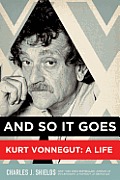 The result of the year Shields was able to spend with Vonnegut (who died in 2007) is And So It Goes: Kurt Vonnegut: A Life, the first authorized biography of a writer who revolutionized American fiction. Not only does the book chart the roller-coaster ride that was Vonnegut's artistic life--it shows how his literary output was affected by that ride. And Shields gives the fullest account yet of Vonnegut's experiences as a POW during the Dresden firebombings, a terror that was immortalized in Slaughterhouse-Five.
The result of the year Shields was able to spend with Vonnegut (who died in 2007) is And So It Goes: Kurt Vonnegut: A Life, the first authorized biography of a writer who revolutionized American fiction. Not only does the book chart the roller-coaster ride that was Vonnegut's artistic life--it shows how his literary output was affected by that ride. And Shields gives the fullest account yet of Vonnegut's experiences as a POW during the Dresden firebombings, a terror that was immortalized in Slaughterhouse-Five.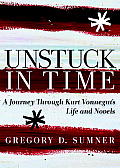 This week also sees the release of Unstuck in Time: A Journey Through Vonnegut's Life and Novels by Gregory D. Sumner, who is a historian specializing in American studies. Sumner takes 15 of Vonnegut's novels and traces both the author's personal history and his personal philosophy through them, showing that these unique works were the result of one man's refusal to take the received wisdom of "bigger is better" and "winners trump losers" to heart.
This week also sees the release of Unstuck in Time: A Journey Through Vonnegut's Life and Novels by Gregory D. Sumner, who is a historian specializing in American studies. Sumner takes 15 of Vonnegut's novels and traces both the author's personal history and his personal philosophy through them, showing that these unique works were the result of one man's refusal to take the received wisdom of "bigger is better" and "winners trump losers" to heart.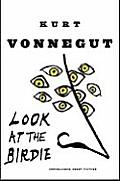
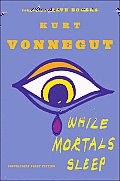 Look at the Birdie and While Mortals Sleep by Kurt Vonnegut are the final collections of the author's works, although many of the stories and illustrations within those volumes were written very early in his career. Some of the pieces are terrific, some less so--the real value in reading them may be their testament to Vonnegut's willingness to depart from anything canned, stale or expected--and his conviction that the reader would follow.
Look at the Birdie and While Mortals Sleep by Kurt Vonnegut are the final collections of the author's works, although many of the stories and illustrations within those volumes were written very early in his career. Some of the pieces are terrific, some less so--the real value in reading them may be their testament to Vonnegut's willingness to depart from anything canned, stale or expected--and his conviction that the reader would follow.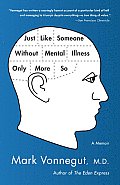 Just Like Someone Without Mental Illness Only More So by Mark Vonnegut is a book over 30 years in the making: It was 1975 when Kurt Vonnegut's son Mark published The Eden Express: A Memoir of Insanity, about his nervous breakdowns and diagnosis of bipolar disorder. Three decades later, Mark Vonnegut is a Harvard-trained physician whose life as the son of a famous writer he now acknowledges is both better and messier, and different than he ever realized. --
Just Like Someone Without Mental Illness Only More So by Mark Vonnegut is a book over 30 years in the making: It was 1975 when Kurt Vonnegut's son Mark published The Eden Express: A Memoir of Insanity, about his nervous breakdowns and diagnosis of bipolar disorder. Three decades later, Mark Vonnegut is a Harvard-trained physician whose life as the son of a famous writer he now acknowledges is both better and messier, and different than he ever realized. --